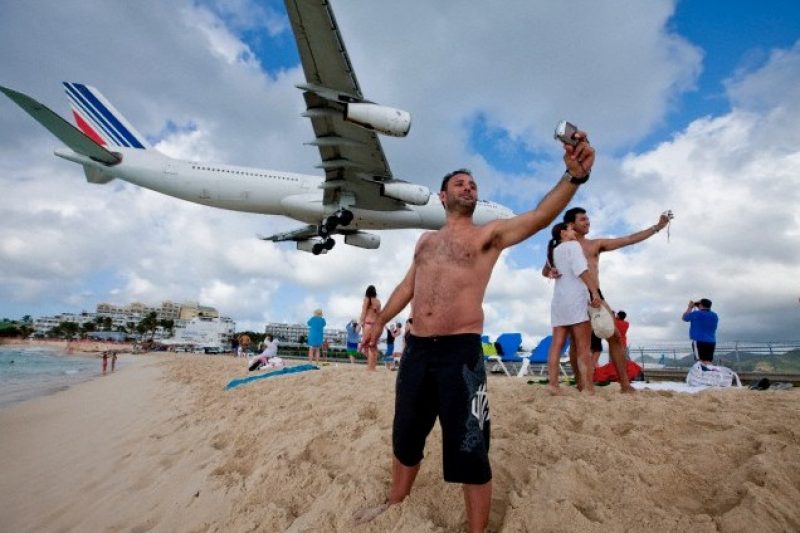Half of all flights grounded today with 60% of Air France pilots on strike
A pilot’s strike at Air France has resulted in half of all of the company’s flights being grounded today. It’s not as bad as was expected up to yesterday morning, but the company is advising passengers to cancel their flights as the conflict between management and pilots at the standard-bearing airline doesn’t look like being resolved too quickly.
The pilots’ union SNPL called the strike to be carried out from the 15th to the 22nd of September, while the smaller unions SPAF and ALTER called a strike to last until the 18th. This follows a breakdown in negotiations between management and unions at the airline, which hasn’t seen a week-long strike since 1998.
On its website, Air France is advising passengers cancel or change their tickets without charge. Britain’s largest carrier EasyJet, meanwhile, has been the first to mop up the excess clientèle, deploying an additional 1,000 seats for passengers needing flights from Paris to Toulouse and Nice.
“One can imagine that it will be even worse on Tuesday and, I think, completely blocked up on Wednesday,” estimated SNPL union leader Jean-Louis Barber, explaining to the AFP that Air France would be using pilots from training personnel during the first day of the strike in order to keep flights going; pilots who would have to be rested during the following days.

Air France CEO Frédéric Gagey: “doing everything right now with the social partners to try and find a way out of the current situation”
“Low-Cost” Strategy at Heart of Air France Struggle
Like so many grand national airlines before it, Air France is increasingly becoming a victim of the low-cost model of airline as espoused by the likes of Ryanair and EasyJet.
The market for an airline that offers a 1st-class service with metal cutlery appears to be a ever-shrinking one. Air France-KLM’s solution was to develop a low-cost subsidiary Transavia. Pilots at the company are opposed to it, however, on the grounds that their wages and conditions will be compromised.
The Low-Cost model of a stripped-down service flying to smaller airports with lesser charges has meant that since the 1990s, newer airlines have outgrown many of their large traditional rivals, whose cost-base was completely out of step with the new airlines on the block.
Those who adapted have survived. British Airways was the first to respond to the new market conditions in 1998 with the creation of “GO” (sold to EasyJet in 2002) and this year, German standard-bearer Lufthansa re-branded their subsidiaries with the lowest fares under the name “Wings”.
Air France-KLM is the second-largest European airline and its declared ambitions for Transavia is for it to become a major player in the low-cost market between now and 2017, with a projected 100 aircraft carrying 20 million passengers by then (they currently operated 14 planes).
Part of that whole plan is to redistribute Air France internal routes to its regional subsidiary “Hop!” and to do the same for many of its international routes, turning them into cheaper Transavia routes. In order to achieve this, Air France-KLM will have to adopt the practices of their competitors in terms of taking on contract pilots from abroad on lower wages and stripped of conditions and perks that were heretofore taken as standard.




 Tootlafrance is Ireland’s fresh new eyes on France, bringing you the latest news, exclusive celebrity interviews, political analysis, cultural events, property news and, of course, travel features written by top Irish journalists.
Tootlafrance is Ireland’s fresh new eyes on France, bringing you the latest news, exclusive celebrity interviews, political analysis, cultural events, property news and, of course, travel features written by top Irish journalists.